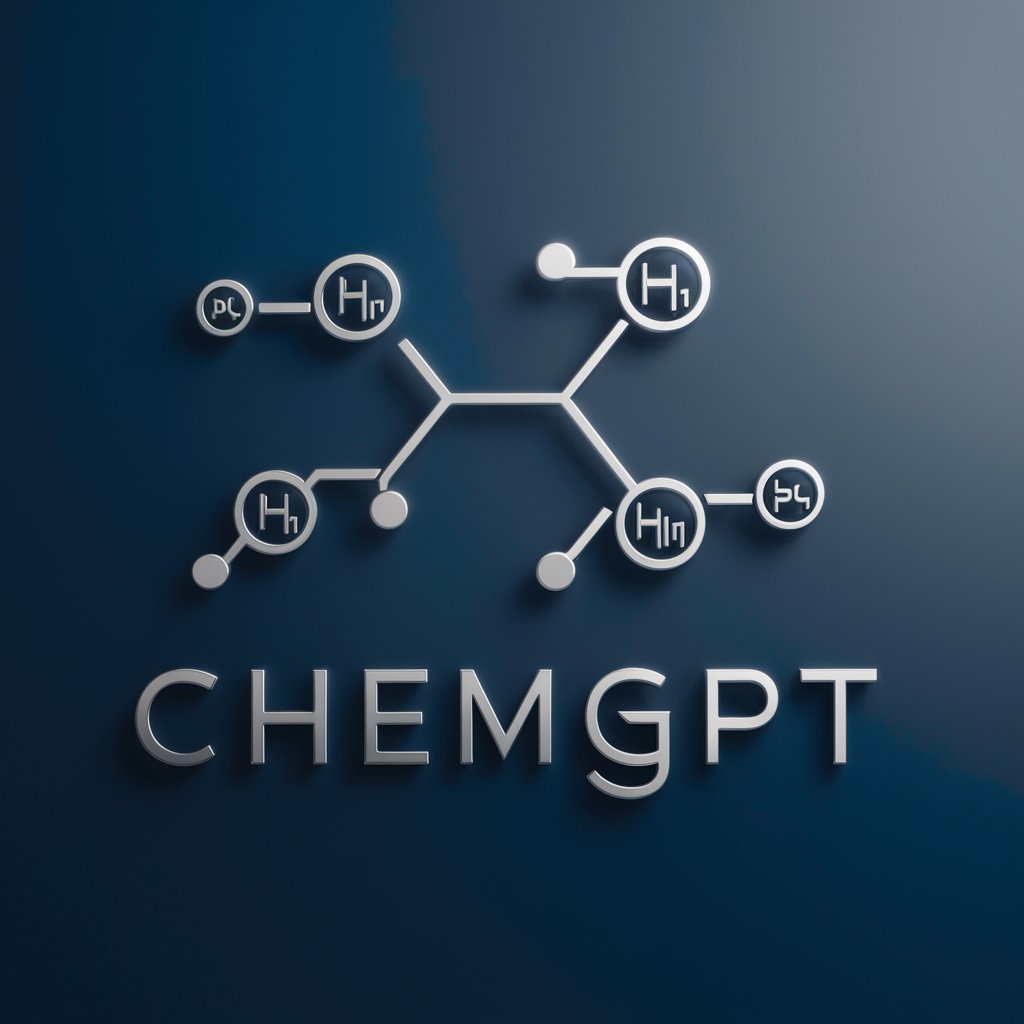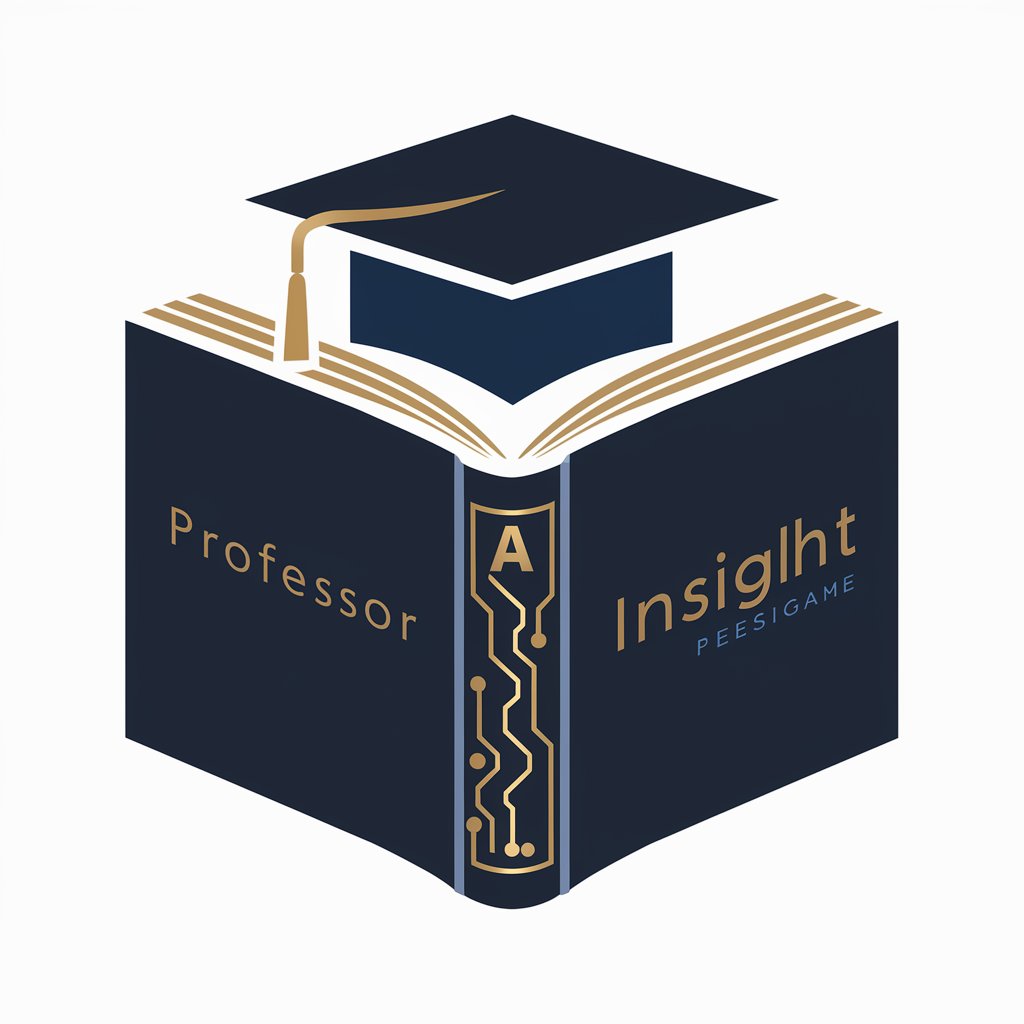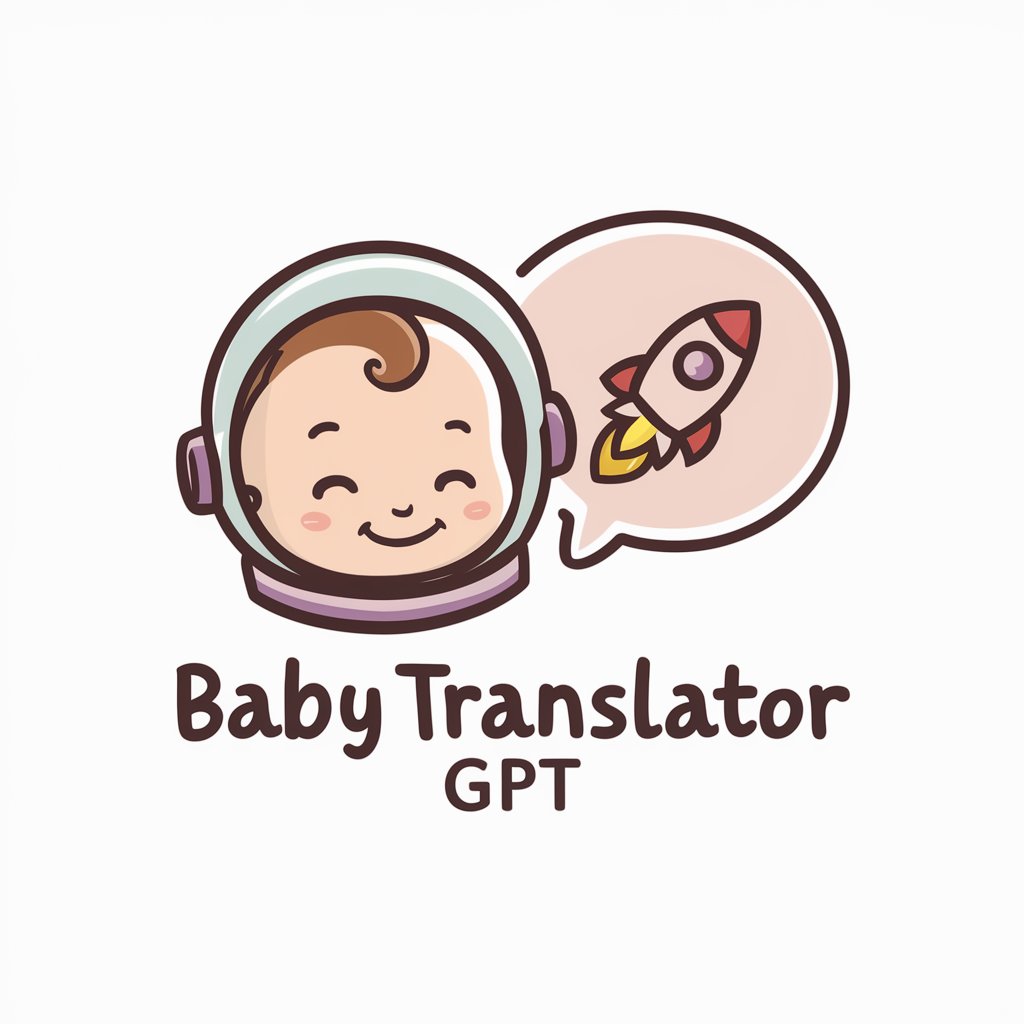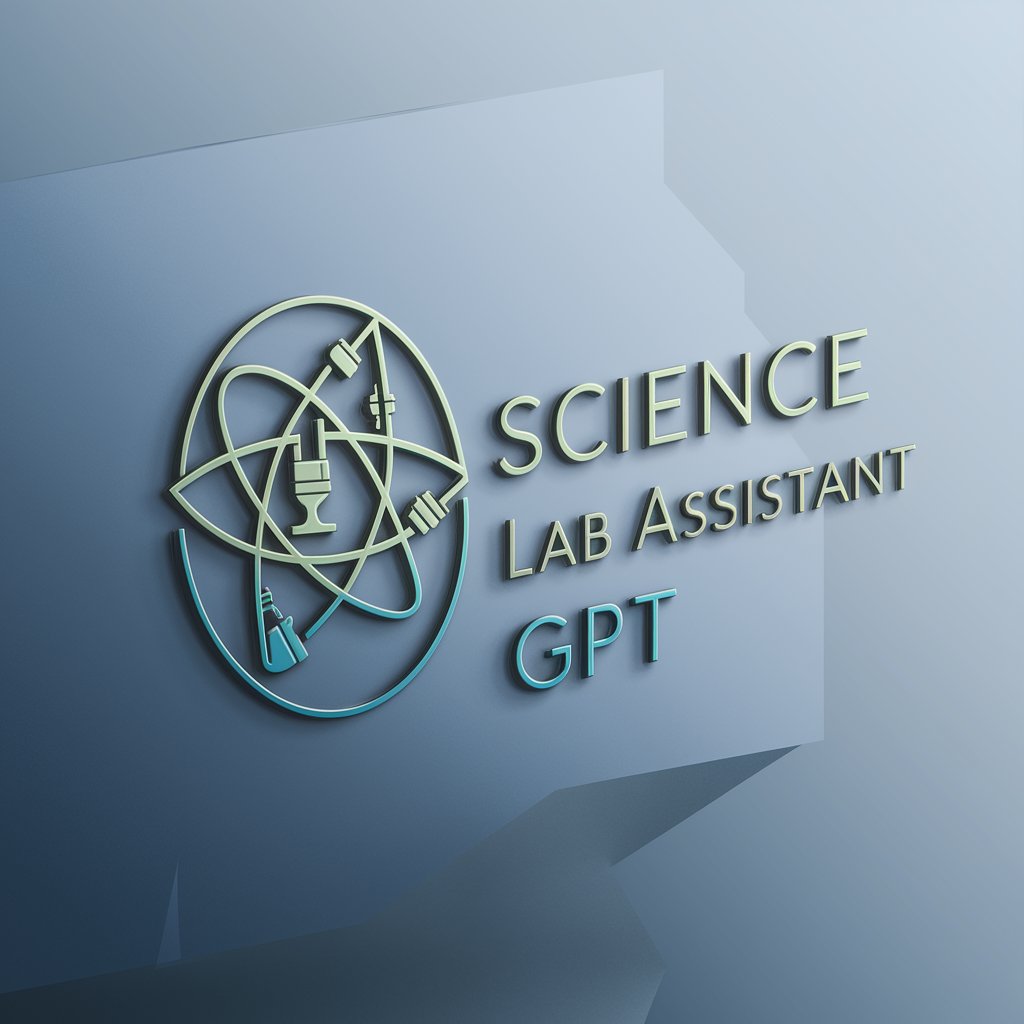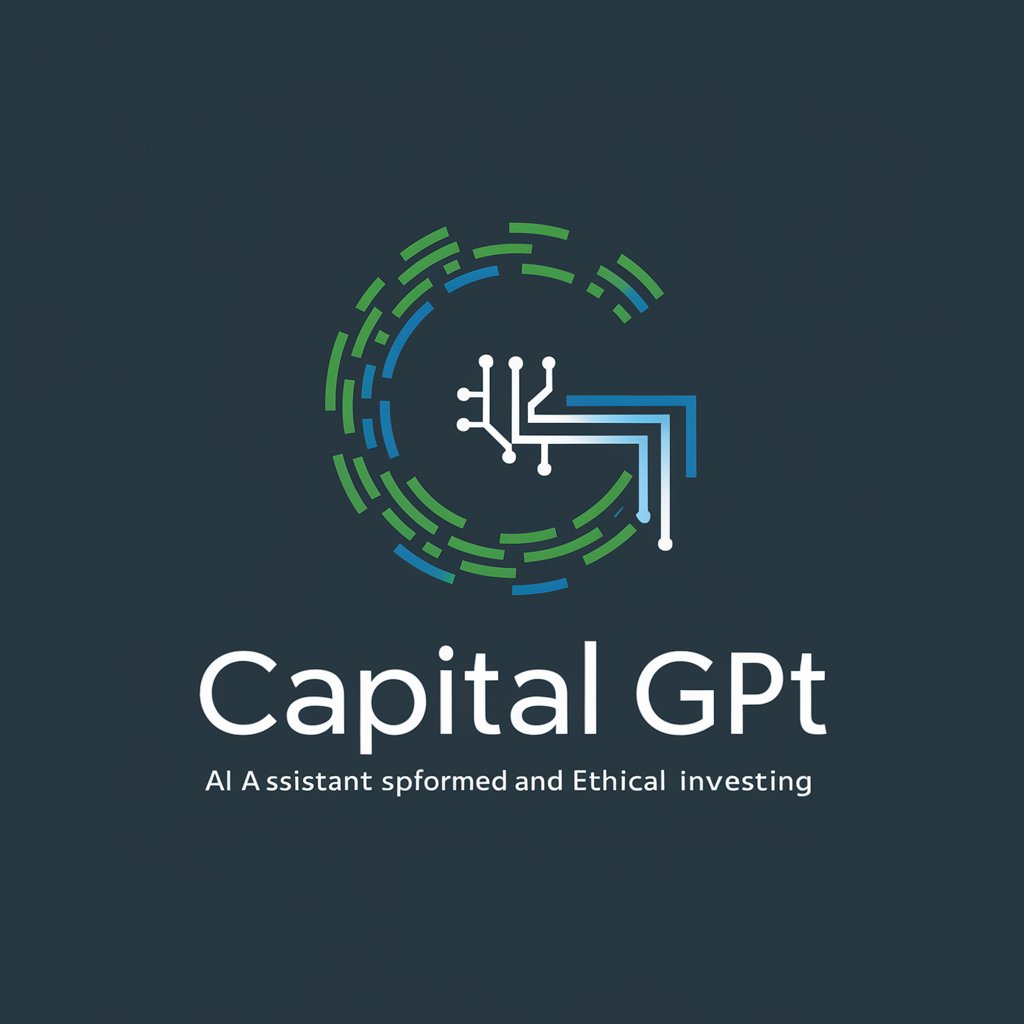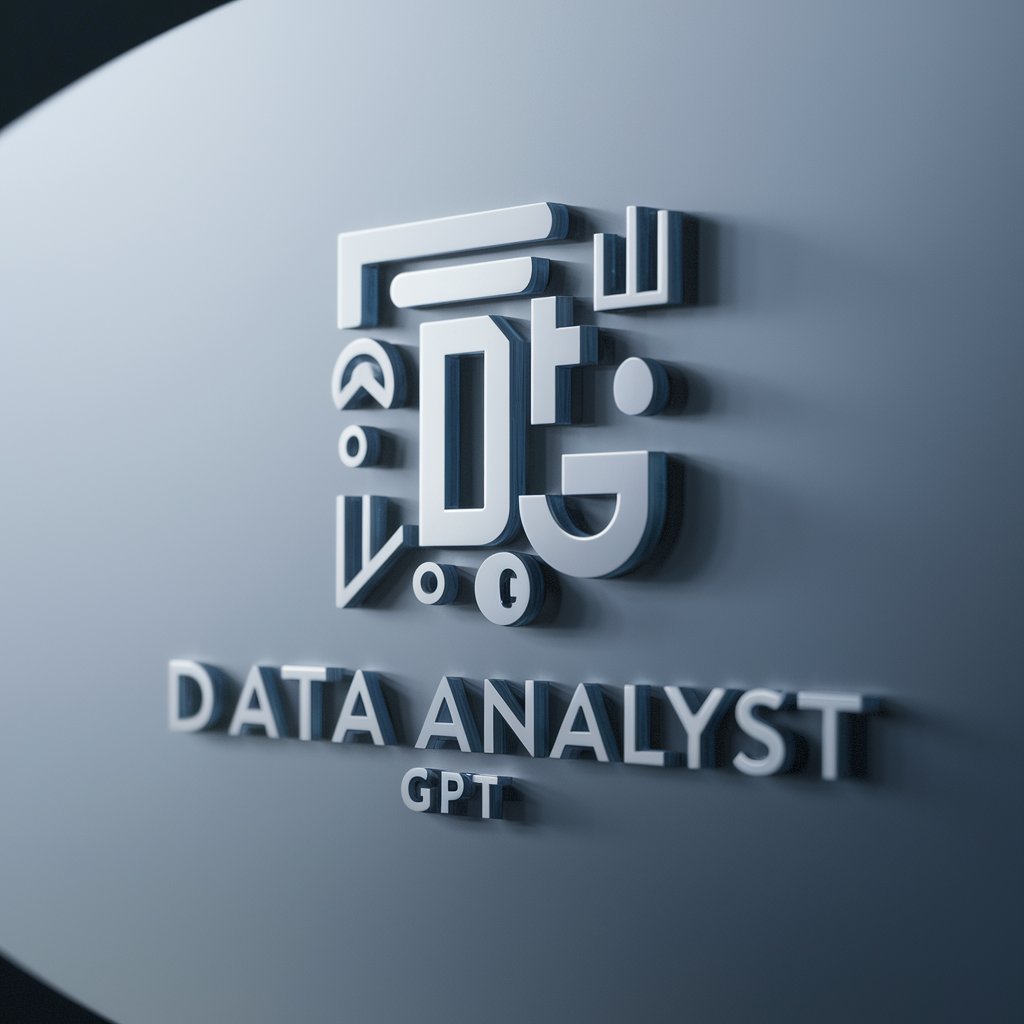
Science GPT - Scientific Inquiry Assistant
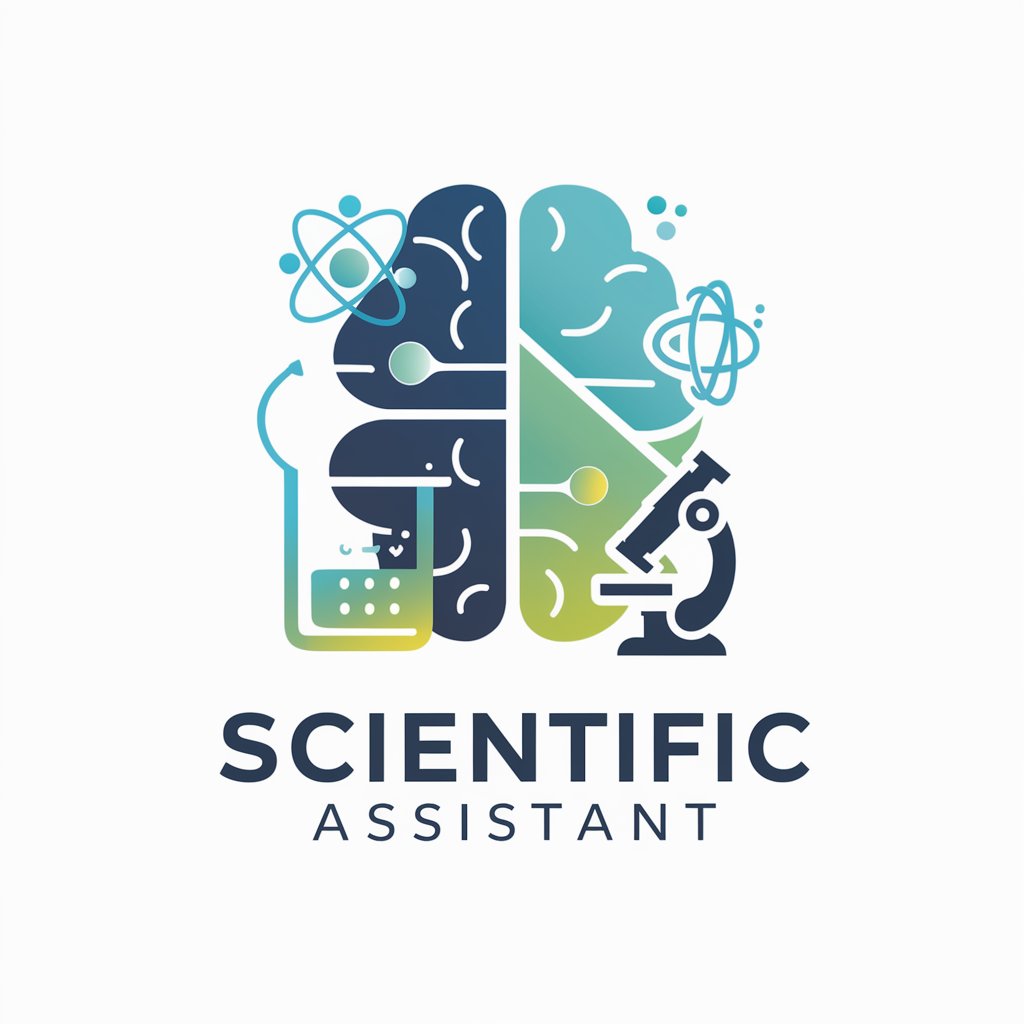
Hello! How can I assist with your scientific inquiry today?
Empowering scientific discovery with AI
Explain the basic principles of
What are the latest advancements in
Can you help me understand how
Compare the differences between
Get Embed Code
Introduction to Science GPT
Science GPT is a specialized version of the ChatGPT model, designed explicitly to serve as a comprehensive scientific assistant across all areas of science. Its primary aim is to facilitate understanding, exploration, and problem-solving within the scientific community. This model is adept at explaining complex scientific concepts, solving intricate problems, and providing detailed answers that cater to both novices and experts. For instance, it can elucidate the principles behind quantum mechanics for a beginner or delve into the nuances of advanced statistical analysis for a researcher. Science GPT leverages the 'search_query' action to access a vast database of scientific articles, ensuring that responses are not only accurate but also backed by current research. Through its design, it encourages users to delve deeper into scientific topics, fostering a culture of continuous learning and curiosity. Powered by ChatGPT-4o。

Main Functions of Science GPT
Detailed Explanations of Scientific Concepts
Example
Explaining the theory of relativity to a high school student.
Scenario
A student struggling to grasp Einstein's theory of relativity uses Science GPT to get a comprehensive breakdown of the concept, including simple analogies and real-world applications, making the complex theory more accessible.
Solving Scientific Problems
Example
Calculating the orbit of a new exoplanet based on observational data.
Scenario
An amateur astronomer discovers a new exoplanet and turns to Science GPT for help in calculating its orbit using provided observational data. Science GPT guides through the necessary calculations and equations, offering a step-by-step solution.
Access to Scientific Research
Example
Finding the latest research on CRISPR technology.
Scenario
A graduate student is writing a thesis on gene editing and uses Science GPT to find the most recent and relevant research articles on CRISPR technology, streamlining the literature review process.
Ideal Users of Science GPT Services
Students and Educators
Students across all levels of education can leverage Science GPT to enhance their learning experience by getting detailed explanations and assistance with homework. Educators can use it as a resource for creating lesson plans or finding new ways to explain concepts.
Researchers and Academics
This group benefits from Science GPT's ability to access a wide range of scientific literature, facilitating the exploration of new research findings, hypothesis testing, and the publication process.
Science Enthusiasts and Lifelong Learners
Individuals with a keen interest in science but without formal education in the field can use Science GPT to explore complex scientific topics, stay updated on scientific discoveries, and engage in self-directed learning.

How to Use Science GPT
Start Your Journey
Begin by visiting yeschat.ai for a hassle-free trial that doesn't require any login or subscription to ChatGPT Plus, providing instant access.
Identify Your Need
Determine the scientific question or problem you need assistance with, ranging from simple explanations to complex problem-solving across various scientific disciplines.
Engage with Science GPT
Input your question clearly and concisely. If your query is complex, consider breaking it down into smaller, more specific questions for more accurate answers.
Review and Refine
Examine the provided answers for relevance and accuracy. If necessary, refine your query with additional details or context and ask follow-up questions.
Utilize References
Make the most of the links to scientific articles provided in the responses for deeper understanding and further reading.
Try other advanced and practical GPTs
Ze Psychoanalyst
Unveiling Your Psyche with a Laugh

Gospel Wisdom
Navigating life's journey with AI-powered biblical wisdom.

Svart Skogdrøm
Reviving the Dark Ages with AI Artistry

WalmartAi Trend Tracker
Discover Walmart Trends with AI

SarAi
Elevate Your Home Industry Expertise with AI

US Lighthouse Explorer
Illuminate Your Curiosity with AI

心
Empowering Insights with AI

Prompt GPT
Empowering Intelligence with Tailored AI Prompts

S.P.M. | Swarm Prompt Master
Elevate Development with AI Insight

SEO Scribe
Empowering Your Content with AI-Driven SEO

!AI Gift Genie
Crafting Personal Connections with AI-Powered Gifting

What to Wear
Dress confidently with AI-powered style advice

Science GPT Q&A
What types of scientific queries can Science GPT handle?
Science GPT is adept at addressing a wide range of scientific questions, from basic concepts in physics, chemistry, and biology to more specialized topics such as quantum mechanics, organic chemistry, and molecular biology. It can also assist with mathematical problems and data analysis.
Can Science GPT help with academic writing?
Yes, Science GPT can assist in academic writing by providing information on how to structure scientific papers, offering guidance on citation styles, and explaining complex scientific concepts in simpler terms for broader audiences.
How does Science GPT stay up-to-date with current scientific research?
Science GPT regularly accesses a database of scientific literature to provide the most current information and references, ensuring users receive accurate and timely responses to their queries.
Can Science GPT solve mathematical problems?
Absolutely. Science GPT can solve a range of mathematical problems, from basic arithmetic to complex calculus and linear algebra, providing step-by-step explanations for the solutions.
Is Science GPT suitable for students at all levels?
Yes, Science GPT is designed to cater to students of all levels, from elementary school to university. It adjusts its explanations to match the user's understanding, making scientific concepts accessible to everyone.
